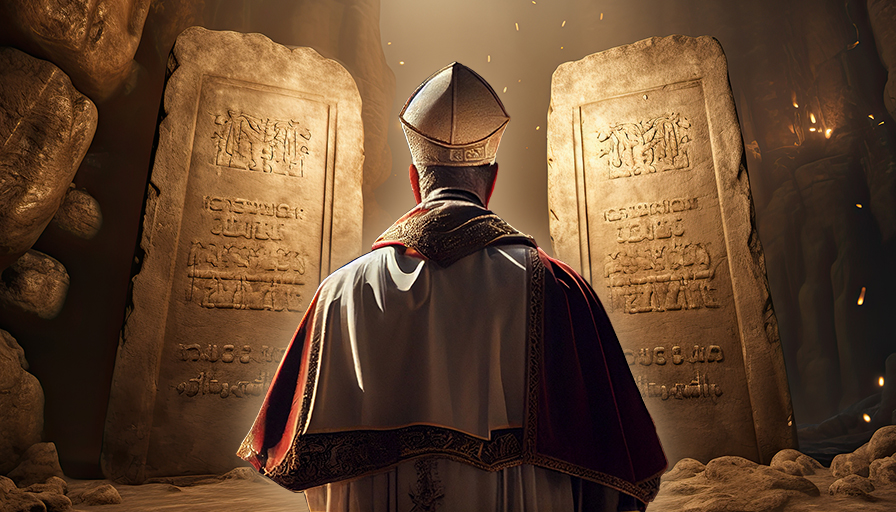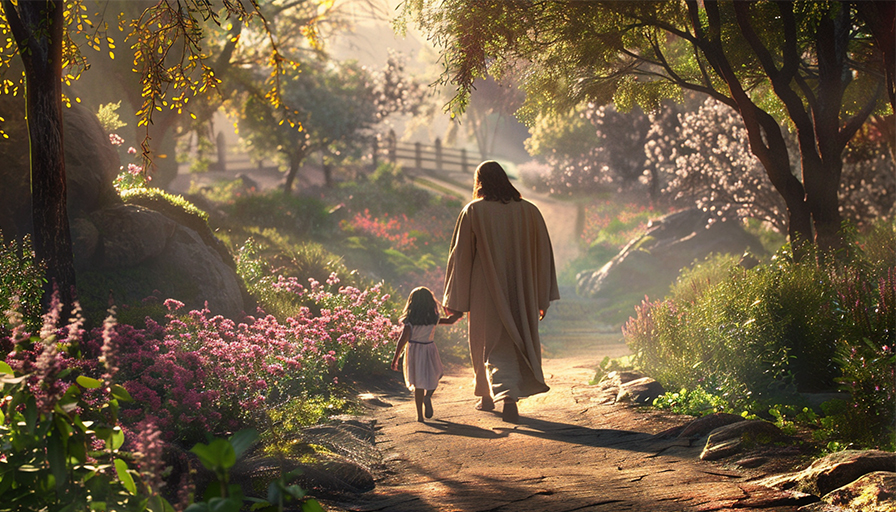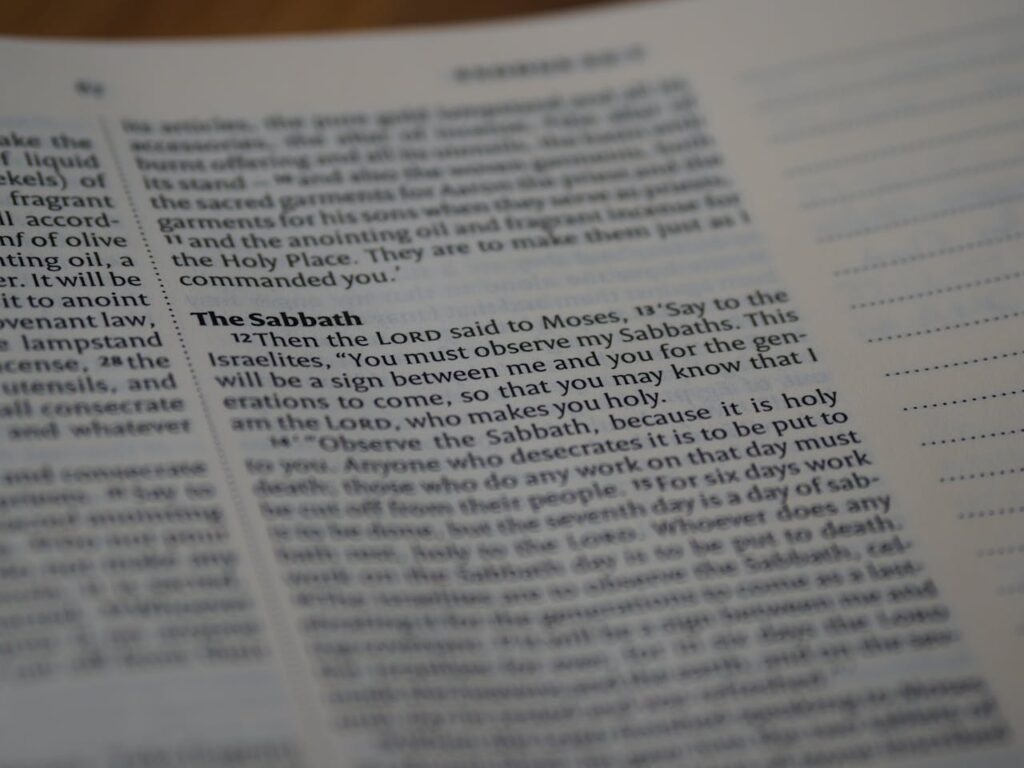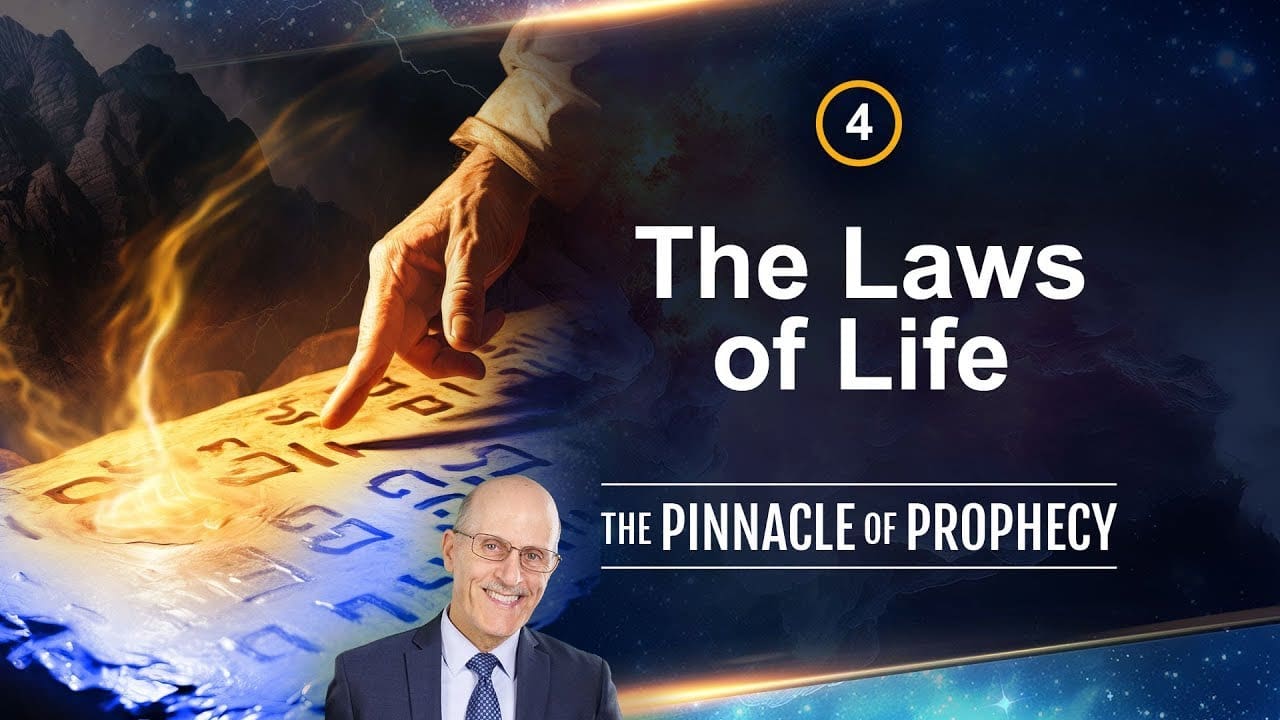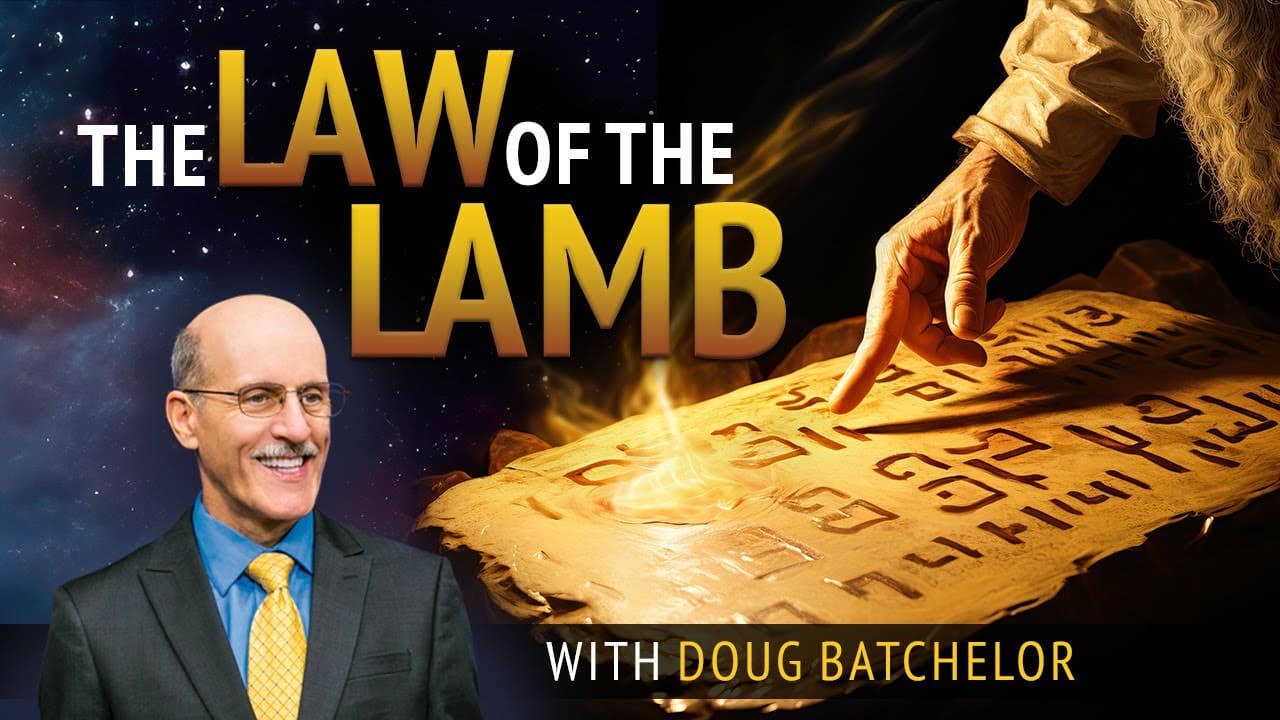In a recent article titled “Screen Sabbaths: A Modest Proposal for a Digital World” on desiringgod.org, editor Scott Hubbard discusses the dangers of our obsession with digital devices and the negative effect they can have on our spiritual well-being. Hubbard highlights the addictive nature of smartphones and the constant pull they exert on our attention, even when their screens are dark. He argues that our co-dependency on these devices can hinder our spirituality and distract us from deepening our walk with the Lord.
Hubbard suggests applying the Sabbath principle to our screen-addicted lives as a means of finding rest and freedom from digital bondage. He proposes taking a break from screens for one day a week, whether for a full 24 hours or a protected time, to focus on God’s creation and be present with the people and places around us. He calls this practice a “screen Sabbath” and draws parallels to the biblical seventh-day Sabbath as an example of rest.
While Hubbard acknowledges the seventh-day Sabbath as an inspiration for the concept of rest, he makes the mistake of leaving it up to individuals to choose their own day of rest. However, the biblical Sabbath was specifically chosen by God as the seventh day, following the six days of creation. The commandment to observe the Sabbath is based on its inseparable link to creation and the foundational truth that God is our Creator.
Furthermore, the biblical Sabbath is not just a break from digital devices but a day of rest from all work and mundane activities that can distract us from God and what truly matters in life. It provides an opportunity for spiritual, physical, and emotional rejuvenation. While the idea of a “screen Sabbath” is commendable, the biblical Sabbath offers a deeper and more comprehensive understanding of rest.
To learn more about the seventh-day Sabbath, its significance, and why it is important, one can explore resources such as “100 Amazing Facts About Saturday and Sunday.”
Article contributed by Clifford Goldstein.





